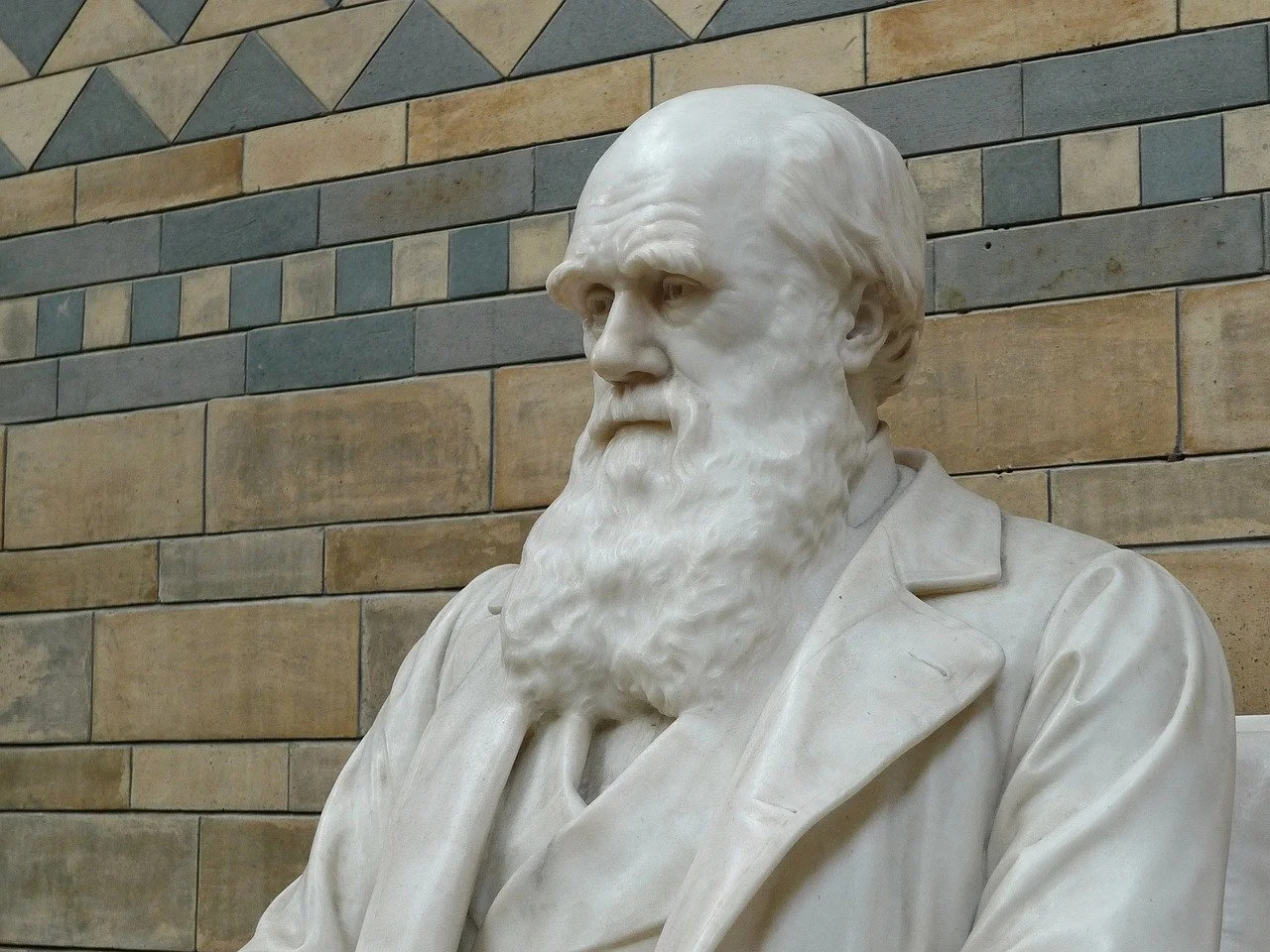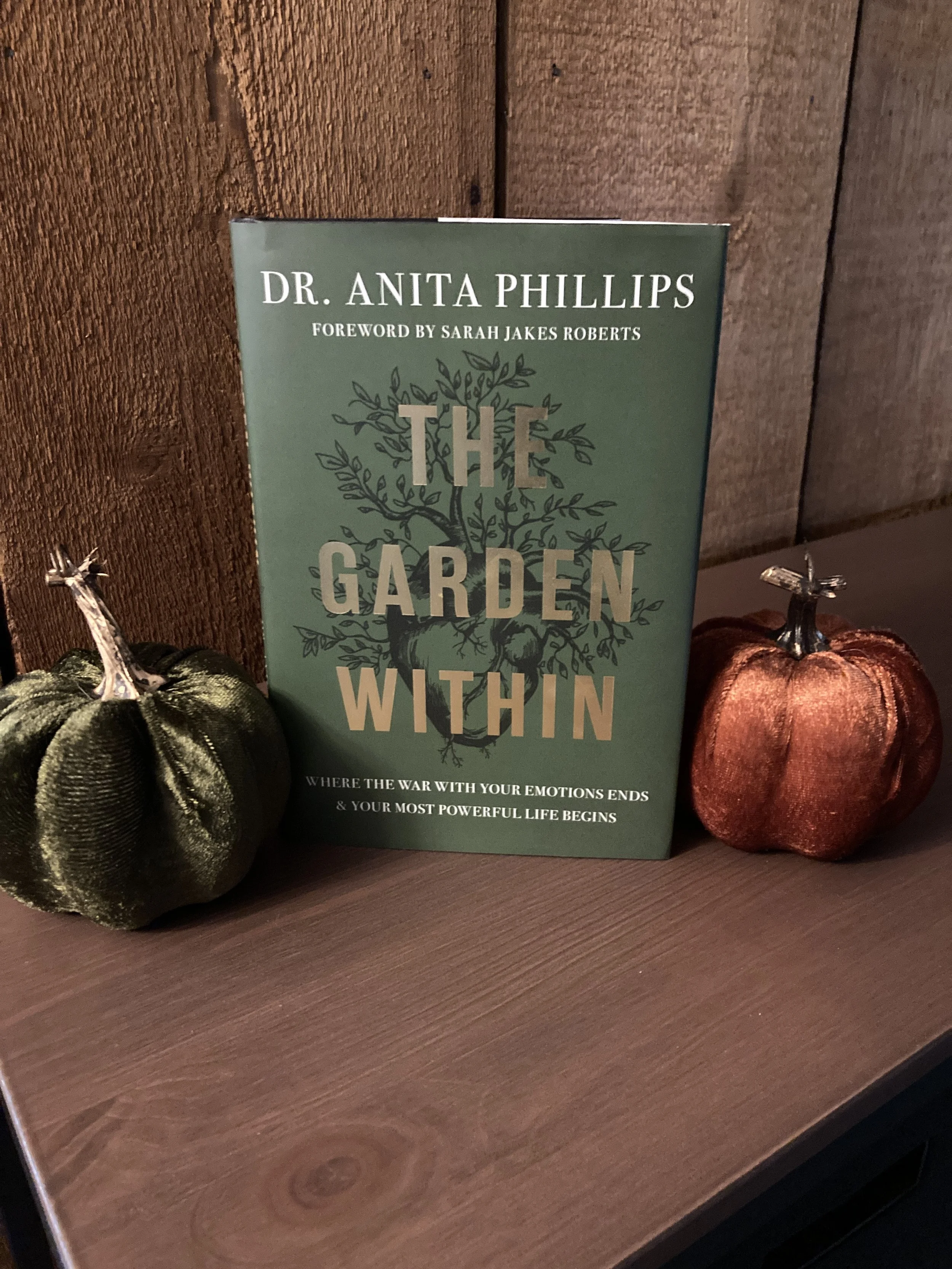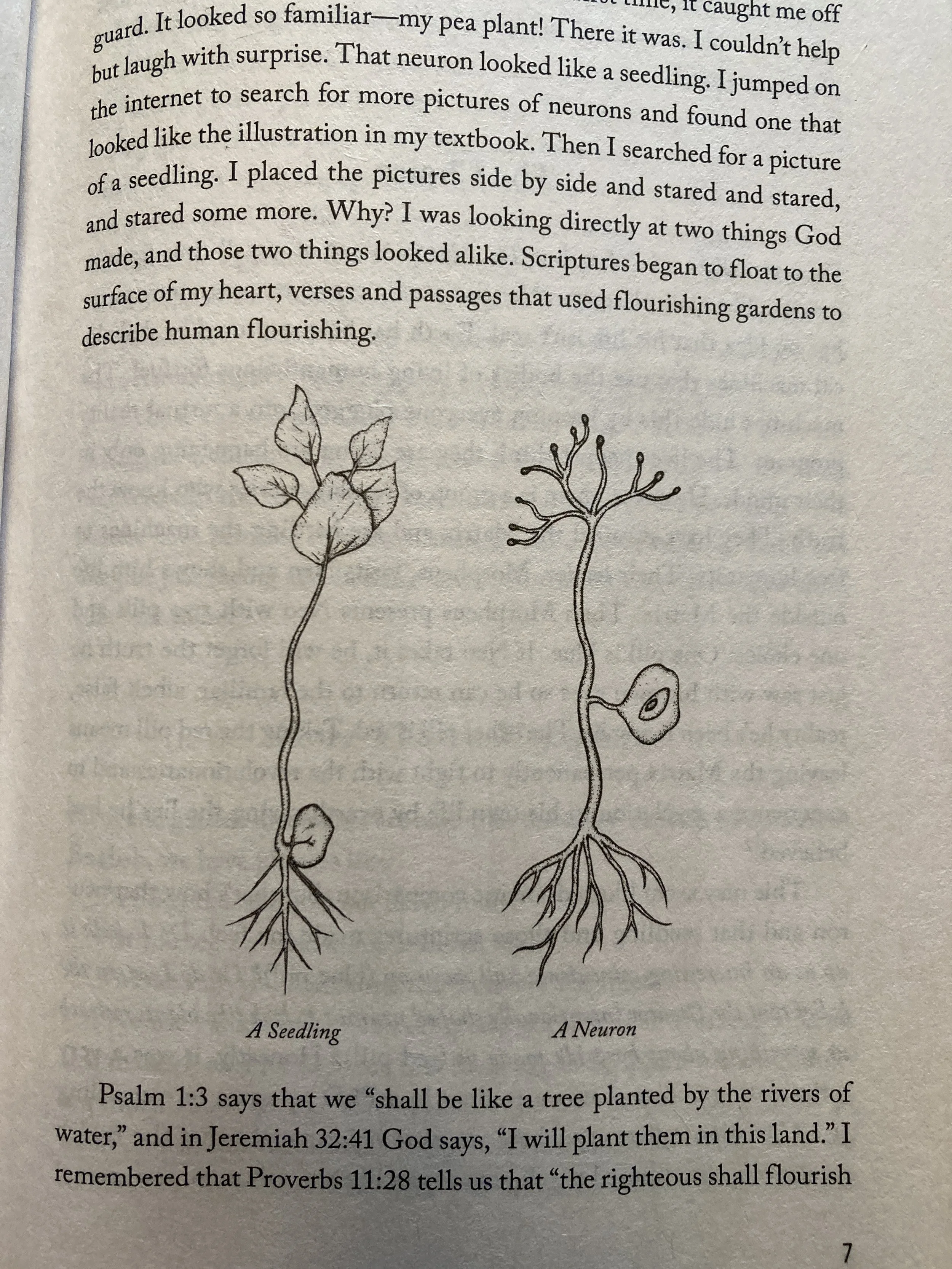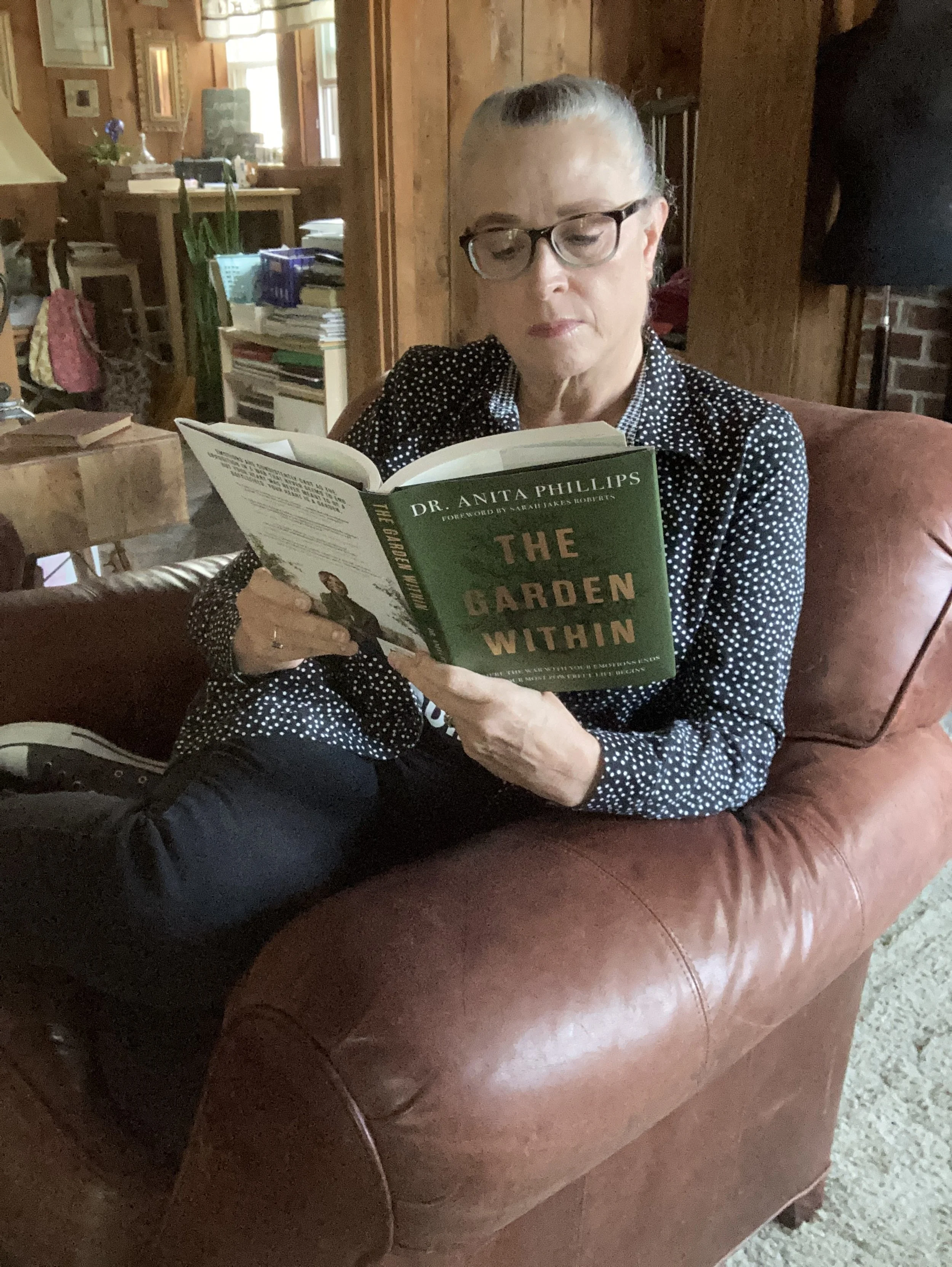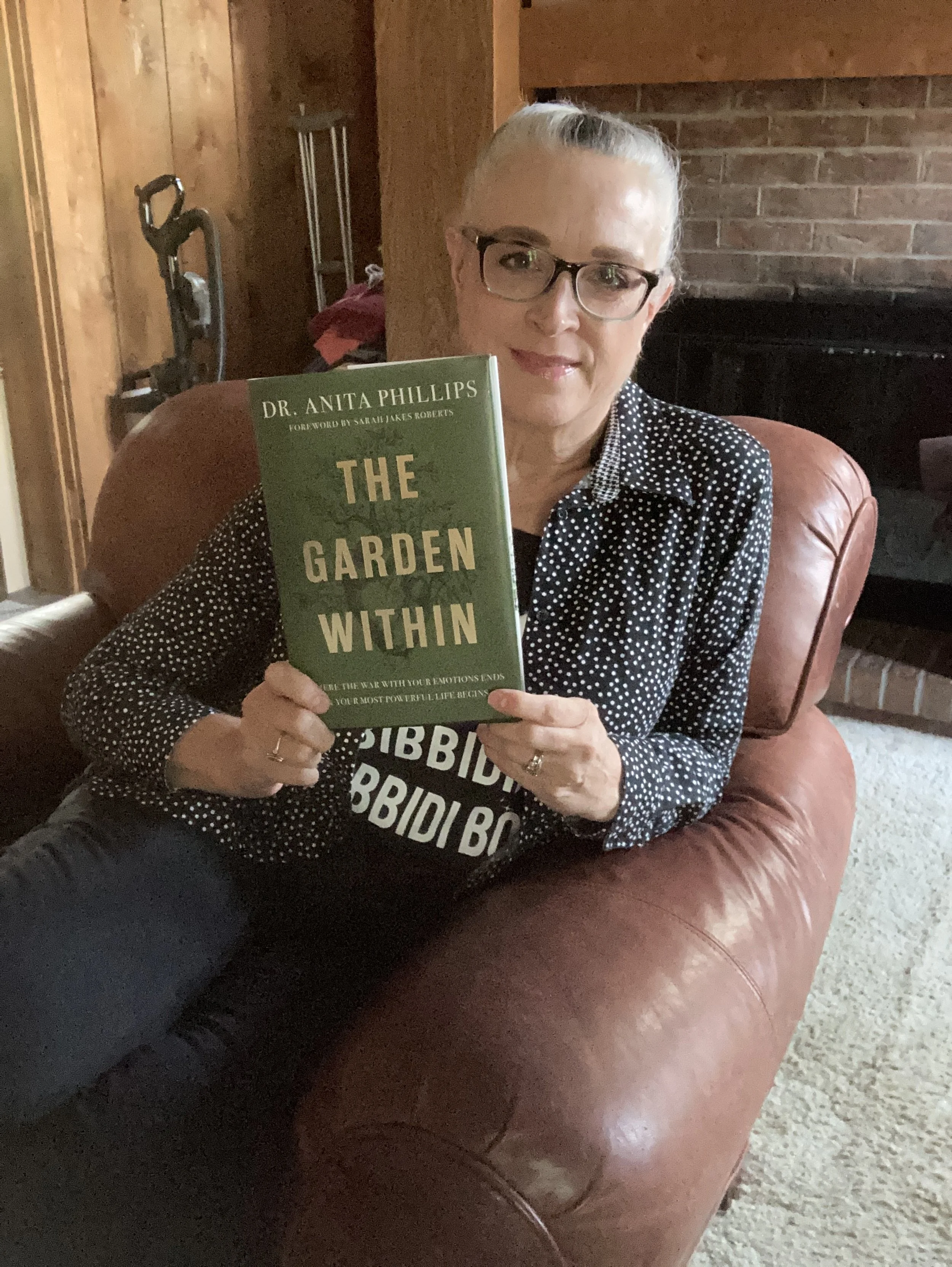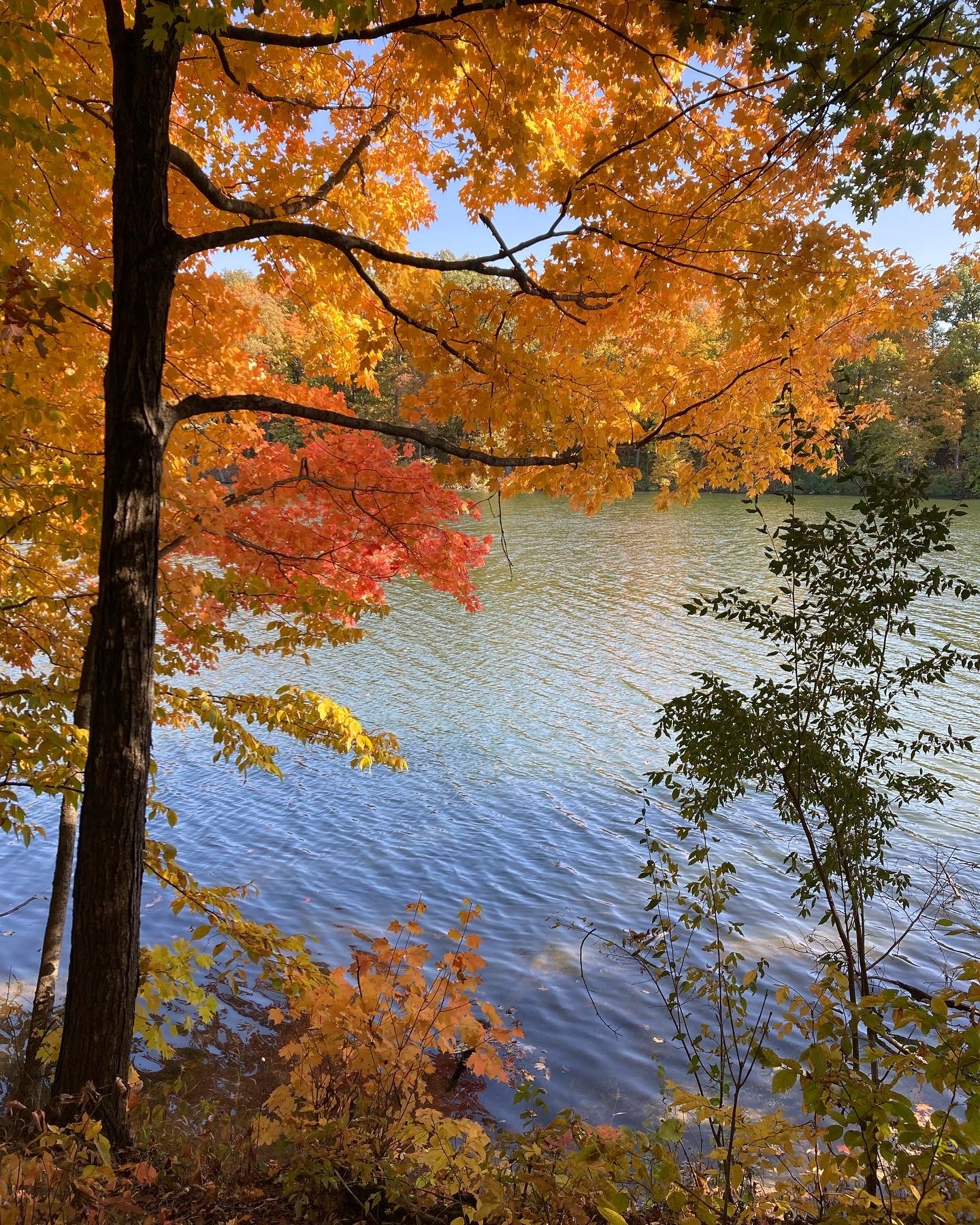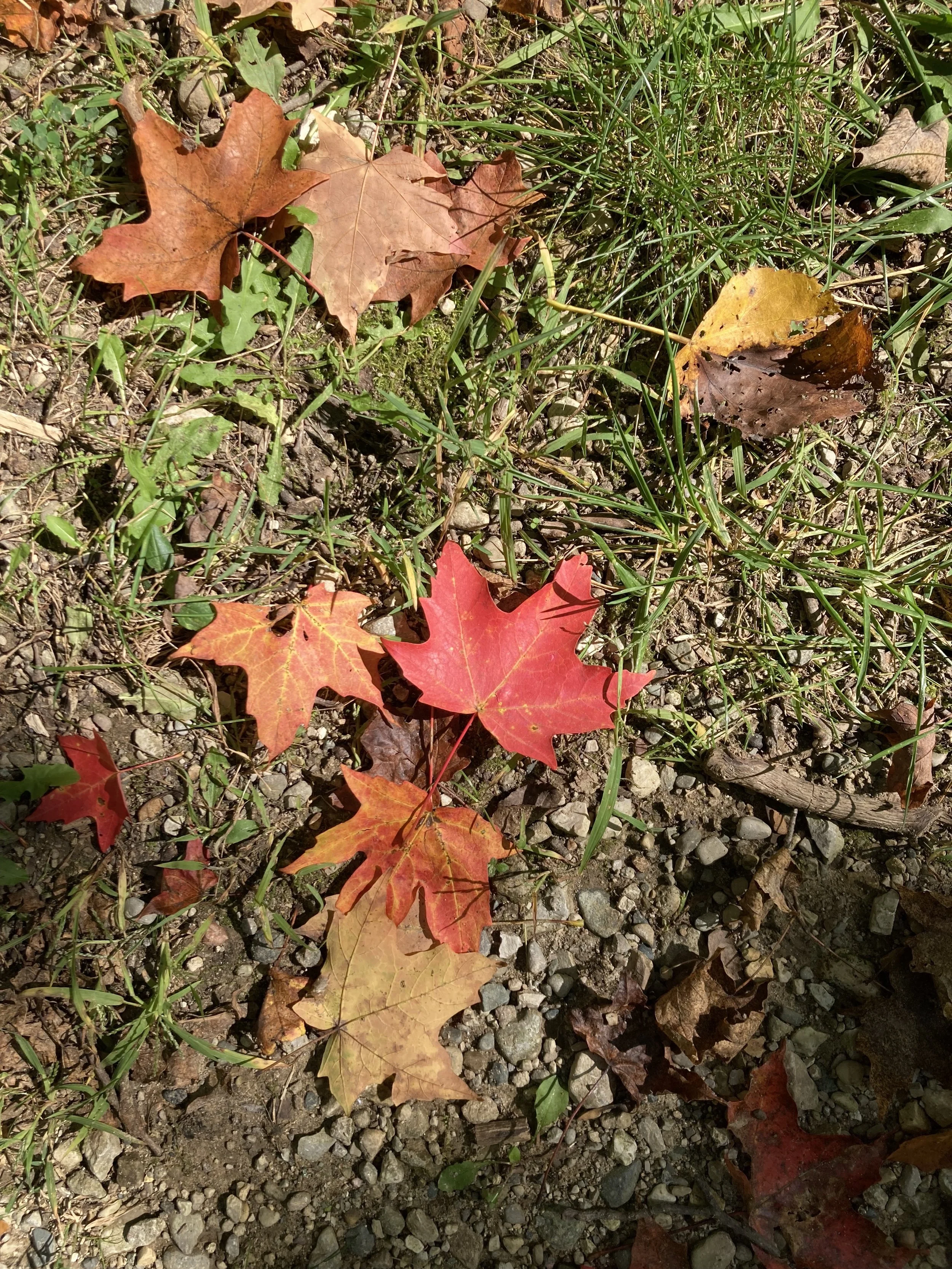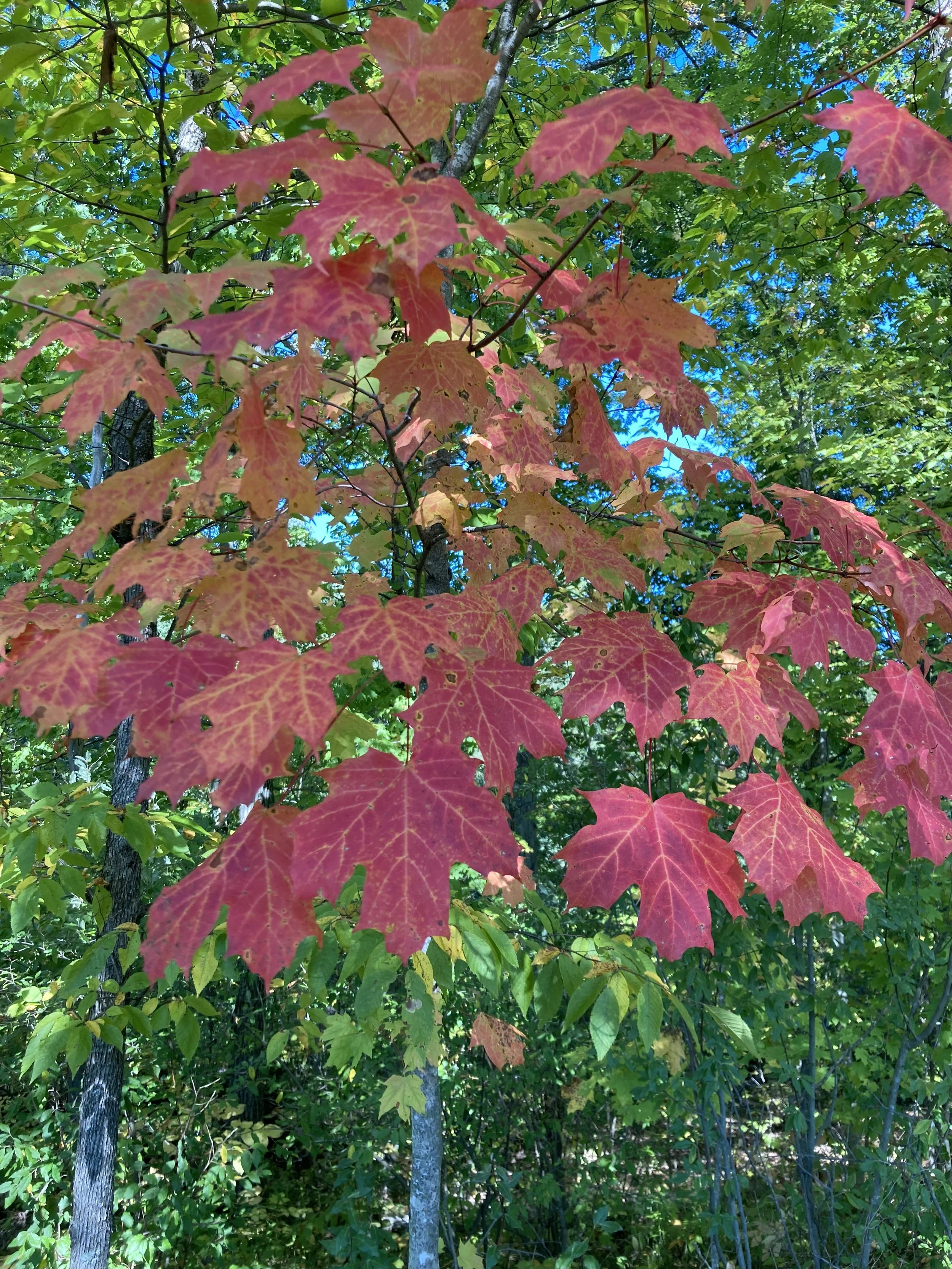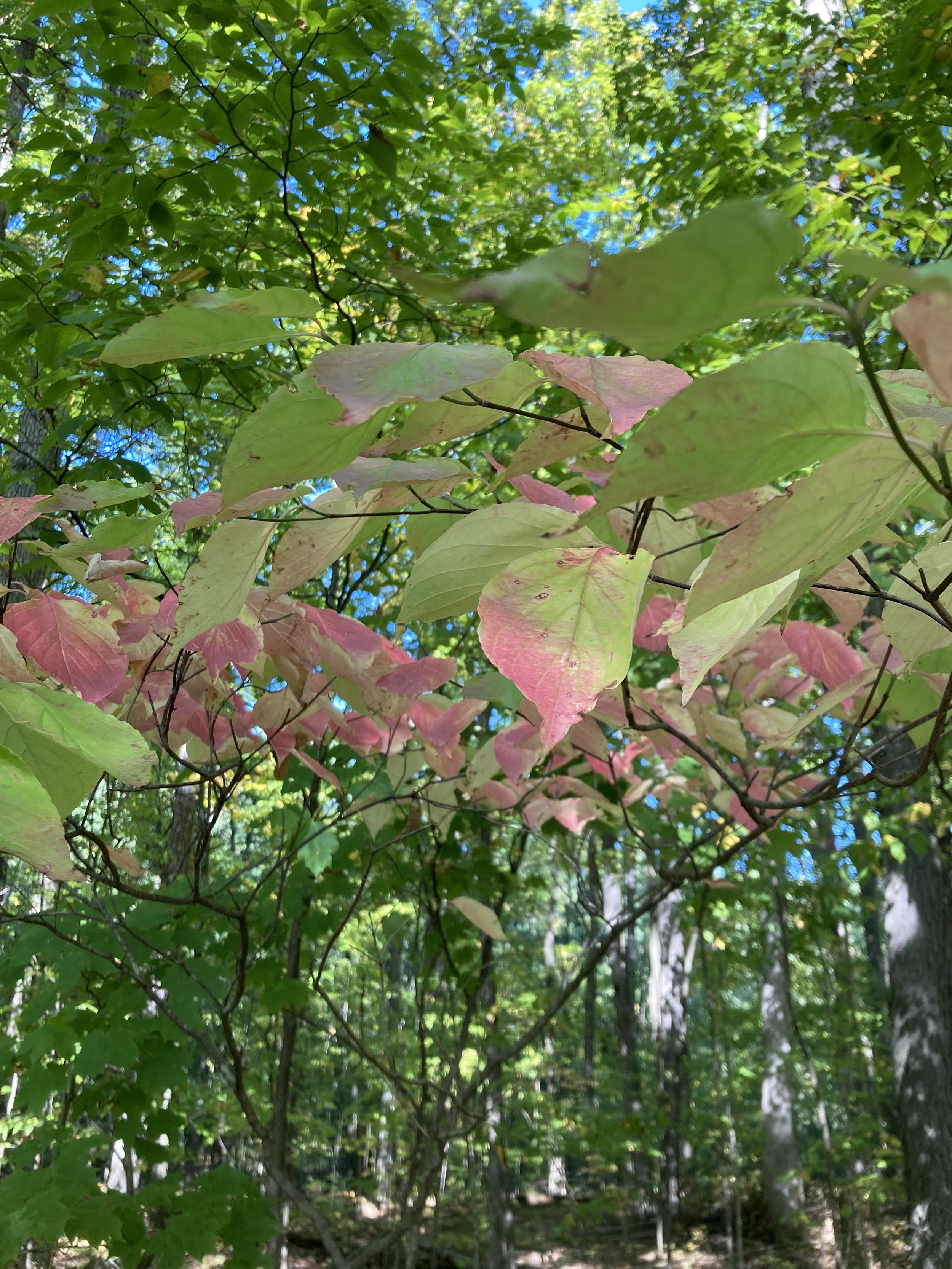Mulling it Over - Romans 8:30
Last month we looked at Romans 8:29, and had a short discussion on the theological points of predestination and free will. We also looked at what followed this idea of predestination, that we are being conformed to the image of Christ.
Image by Dimitris Vetsikas from Pixabay
Today we are going to look at verse 30. Once again, we are proceeding slowly, so that we might truly understand and let the Spirit drive home the truths revealed in these Scriptures.
“30 and these whom He predestined, He also called; and these whom He called, He also justified; and these whom He justified, He also glorified.”
and these whom He predestined,
We discussed this in last month’s post. The end result is God is able to both predestine and give us a free will. We tend to limit God, because we think if it is beyond our understanding then it must not be the case. We need to recognize God’s wisdom is a mystery and is not always completely known to us.
“6 Yet we do speak wisdom among those who are mature; a wisdom, however, not of this age nor of the rulers of this age, who are passing away;
7 but we speak God’s wisdom in a mystery, the hidden wisdom which God predestined before the ages to our glory;
8 the wisdom which none of the rulers of this age has understood; for if they had understood it they would not have crucified the Lord of glory;”
For instance, a 7 day, literal creation has stumped many a Christian over the decades. This is not a problem for me. As my husband always says, “Seven days? What took Him so long?” Ha, ha. Unfortunately, rather than taking God at His word, and according to His word, man has come up with alternative theories to better coincide with the evolutionary theory touted by Darwin. The Day Age Theory, and The Gap Theory are two of the most popular.
Image by Andrew Martin from Pixabay
I just wanted to reiterate, we are the Creation, not the Creator, and we are limited in our understanding of the many layers of God. With that said, lets move on.
He also called;
This idea of calling has also had its day on the debate floor. Questions that have been around for years include: Is everyone called? Is calling just for special people at certain times? Is calling only for people going into full time Christian service, like a missionary or a pastor, etc?
Image by Steve Buissinne from Pixabay
I see calling as a general term, much like predestination. We are all predestined, meaning God wants all of us to become His children by belief in Christ. In the same way we are all called. The difference lay in the fact that we must respond to His calling. We must choose to believe. Of course that presupposes you believe in free will. :)
“God is faithful, through whom you were called into fellowship with His Son, Jesus Christ our Lord..”
Let me reiterate, I am not a theologian. I had three years of Bible school, but that doesn’t mean I have exhaustively studied every topic. However, I do believe God gives us His wisdom, understanding and knowledge as we delve into His deeper layers through His Holy Spirit. That being said, if you ever think I am in error in the ideas I bring to you, I welcome your thoughts.
and these whom He called, He also justified;
The word justify is defined in several ways: to judge, regard or treat as worthy of salvation; to prove or show to be just, right, or reasonable. Justification is the process by which Christ takes on our sin through His death on the cross enabling us to be worthy of God’s calling. In essence Christ’s blood covered us so that we might be made right before God.
Image by Sang Hyun Cho from Pixabay
“24 being justified as a gift by His grace through the redemption which is in Christ Jesus;”
…and these whom He justified, He also glorified.
The predestination, calling and justification all lead to the perfect end result, our glorification. The older I get, the more I look forward to this glorification process. At 60 I am experiencing all the things that age brings with it. I have become acquainted with chronic illness, my hair is thinning, my joints ache, and my brain is almost always in the phase of post menopausal fog.
Jesus told us we would have trouble in this world.
“33 These things I have spoken to you, so that in Me you may have peace. In the world you have tribulation, but take courage; I have overcome the world.”
We don’t have to look very far to see trouble. The southeast part of the U.S. has see two large hurricanes in the last two weeks. Out west there continue to be wildfires consuming thousands of acres of trees. We are entering in to flu and Corona season, in addition to that allergens are ever present and driving many of our sinus cavities wonky. We have political and societal unrest in the United States and there is still a war going on in Ukraine and the Middle East.
Jesus told us we would have trouble, but He didn’t want us to stay in that mindset. He told us He would give us peace, and He has overcome the world.
This mentality of looking towards glory is not a bad thing. Yes, we still need to be present. We need to live our lives as the brightest lights of Christ that we can be so others might come to know Him. How much easier it is to do this when we know that we are called, justified and one day will be glorified.
Just like the Morning Glory flower we need to turn our faces towards the light of God and His truth and open ourselves up completely to what He is trying to do in our lives. Only in doing that will we become the beautiful reflection of Him that we are meant to be.


